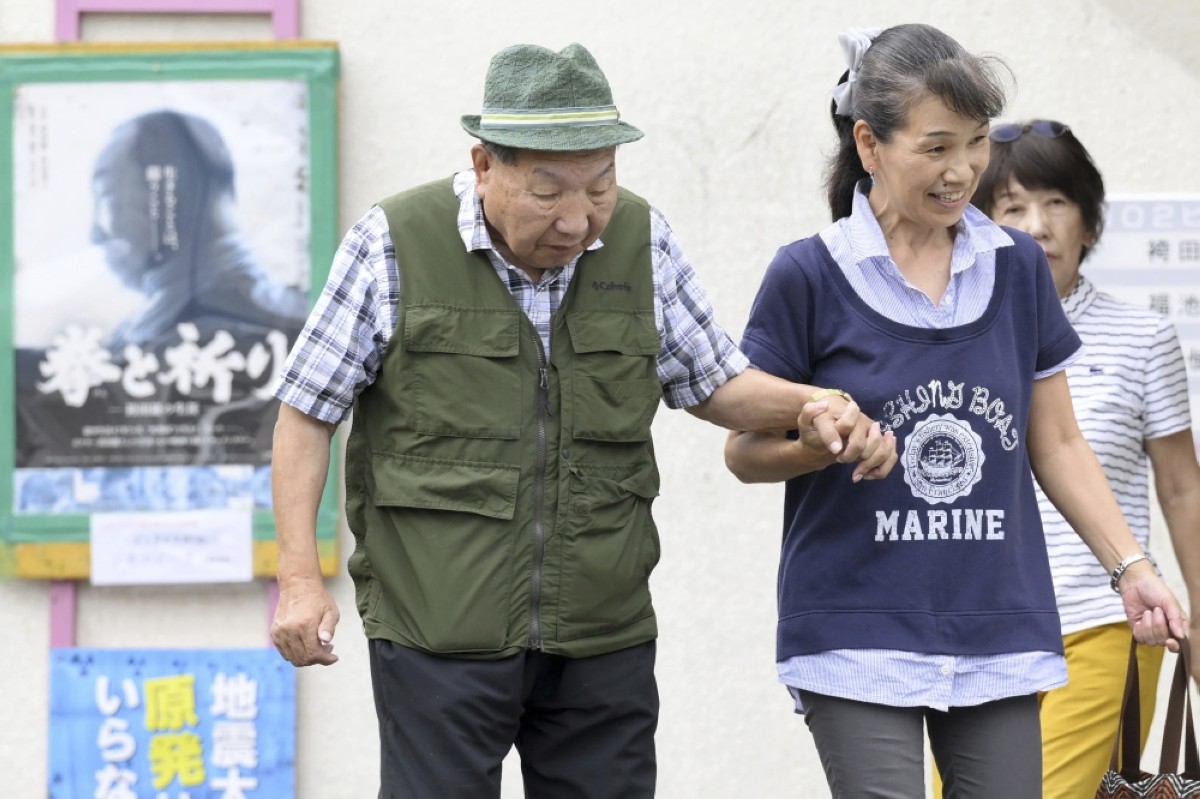26/09/2024
26/09/2024

TOKYO, Sept 26, (AP): A Japanese court ruled Thursday that an 88-year-old former boxer was not guilty in a retrial for a 1966 quadruple murder, reversing an earlier wrongful conviction after decades on death row. Iwao Hakamada’s acquittal by the Shizuoka District Court makes him the fifth death-row convict to be found not guilty in a retrial in postwar Japanese criminal justice.
The case could rekindle a debate around abolishing the death penalty in Japan. The court's presiding judge, Koshi Kunii, said the court acknowledged a multiple fabrications of evidence and that Hakamada was not the culprit, NHK said. Hakamada was convicted of murder in the 1966 killing of a company manager and three of his family members, and setting a fire to their central Japan home.
He was sentenced to death in 1968, but was not executed due to lengthy appeals and the retrial process. He spent 48 years behind bars - most of them on death row - making him the world’s longest-serving death row inmate. It took 27 years for the top court to deny his first appeal for retrial. His second appeal for a retrial was filed in 2008 by his sister Hideko Hakamada, now 91, and the court finally ruled in his favor in 2023, paving the way for the latest retrial that began in October.
Hakamada was released from prison in 2014 when a court ordered a retrial based on new evidence suggesting his conviction may have been based on fabricated accusations by investigators, but was not cleared of the conviction. After his release, Hakamada served his sentence at home because his frail health and age made him a low risk for escape.
At a final hearing at the Shizuoka court in May before Thursday’s decision, prosecutors again demanded the death penalty, triggering criticism from rights groups that prosecutors were trying to prolong the trial. The extremely high hurdles for retrials have also prompted legal experts to call for a revision to the system. During the investigation that followed his arrest, Hakamada initially denied the accusations, then confessed. He later said he was forced to confess under violent interrogation by police.


